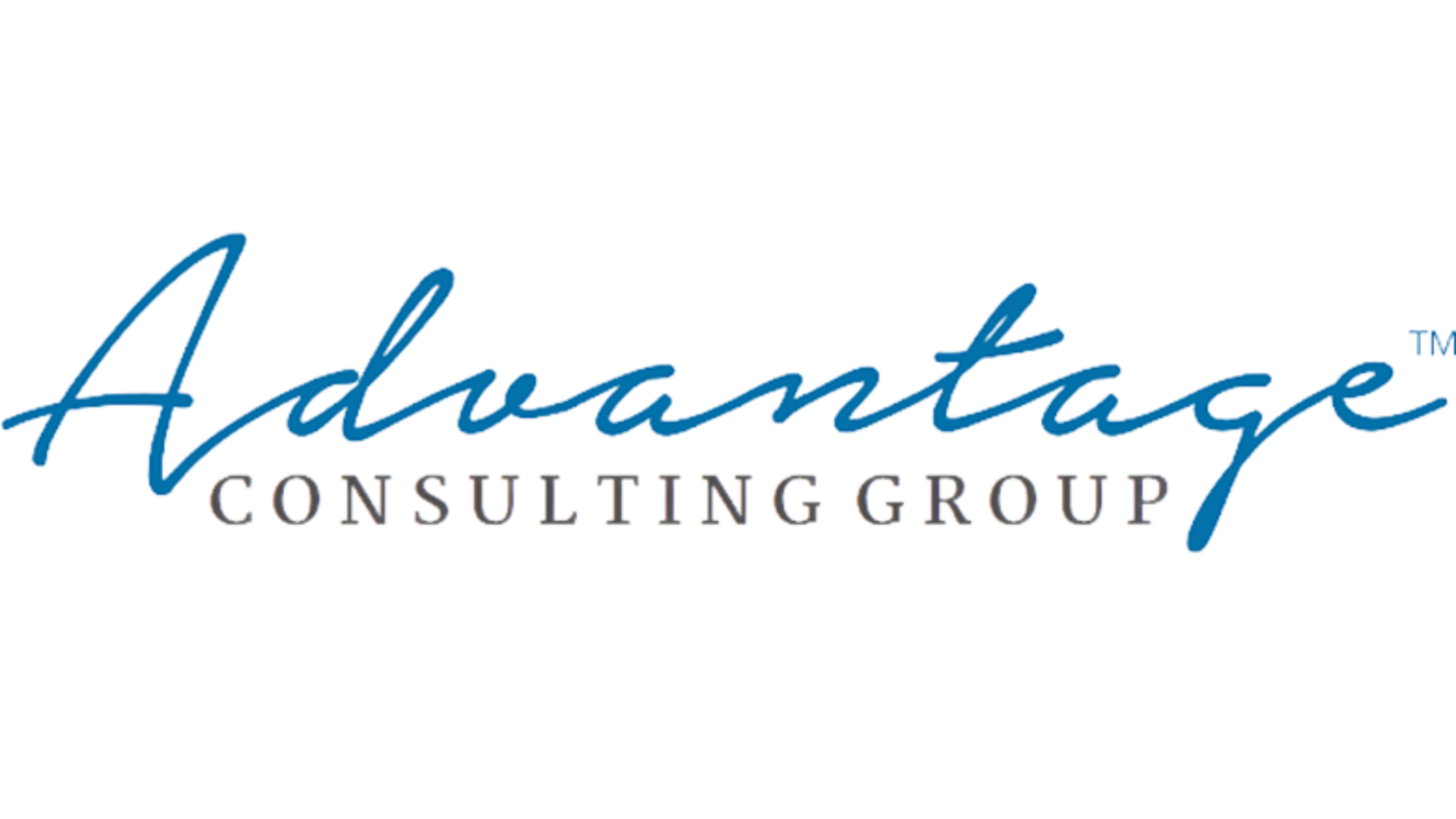Human Resource Management (HRM) has undergone significant transformations over the past few decades. From a primarily administrative role, HR has evolved into a strategic partner crucial to organizational success. This evolution reflects broader workplace shifts and technological advancements.
Strategic Role and Technology Integration
Traditionally, HR was focused on administrative tasks like hiring and payroll. Today, HR professionals are strategic partners in aligning HR goals with business objectives. This shift highlights the importance of human capital and positions HR as key in shaping company strategy and culture. The integration of technology has further revolutionized HR practices. Advanced software and tools now streamline processes, enhance productivity, and improve data management. Technologies such as applicant tracking systems (ATS), human resource information systems (HRIS), and performance management software have modernized HR functions, allowing for more efficient operations and better data-driven decision-making.
Emphasis on Employee Experience and Diversity
Modern HRM places a strong emphasis on the overall employee experience, recognizing that a satisfied and engaged workforce leads to better performance and retention. This involves competitive compensation, work-life balance, career development opportunities, and a positive workplace culture. Initiatives such as wellness programs, flexible work arrangements, and continuous feedback mechanisms ensure employees feel valued and supported. Additionally, diversity and inclusion have become central to HR strategies, reflecting a societal push towards equity and representation. HR departments actively work to create inclusive environments, implement unbiased recruitment processes, promote diverse leadership, and foster a culture of respect and belonging.
Data-Driven Decision Making and Compliance
With access to vast amounts of data, HR professionals now rely on analytics to make informed decisions. People analytics helps HR teams track employee performance, predict turnover, identify training needs, and measure the impact of HR initiatives. This data-driven approach enables more strategic and effective management of human resources. Despite the strategic and technological advancements, ensuring compliance with labor laws and managing risk remain fundamental HR responsibilities. Staying updated on legal requirements and implementing policies that protect both the organization and its employees is crucial.
Navigating Modern HRM with Advantage Consulting Group
The evolution of HRM underscores the need to adapt to new challenges and leverage modern tools to enhance workforce management. At Advantage Consulting Group, we understand these changes and are dedicated to helping organizations navigate the complexities of modern HRM. Our expertise ensures that businesses can effectively manage their human capital, foster a positive employee experience, and achieve their strategic goals. Visit Advantage Consulting Group to learn more about how we can support your HR needs and drive your organization's success.


